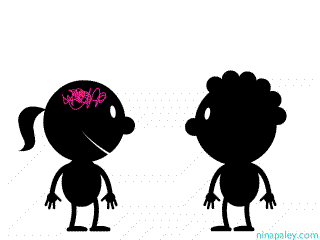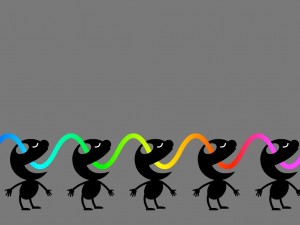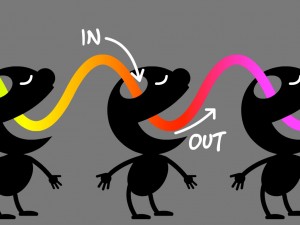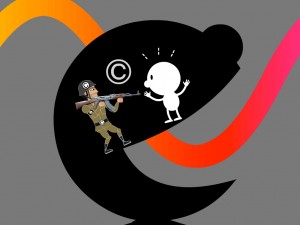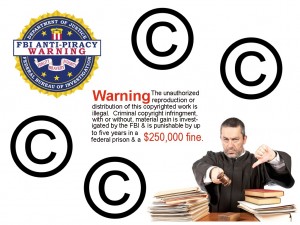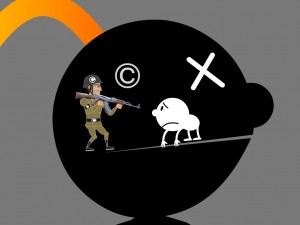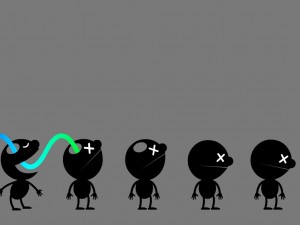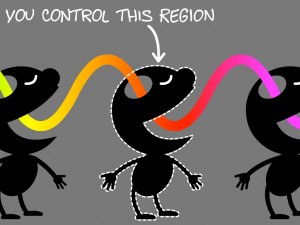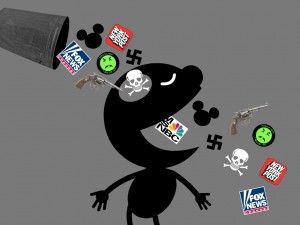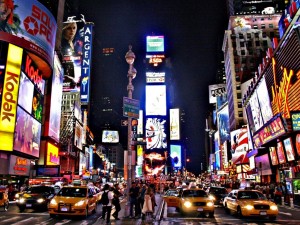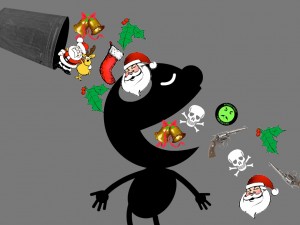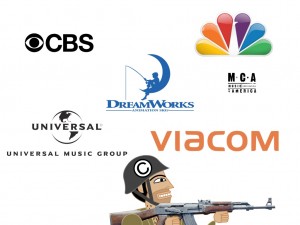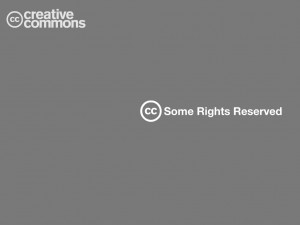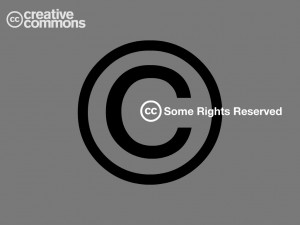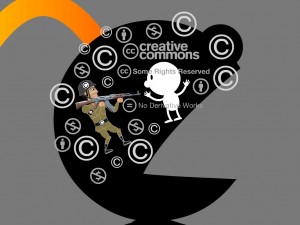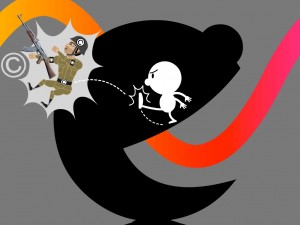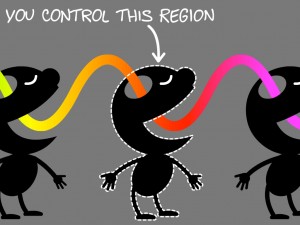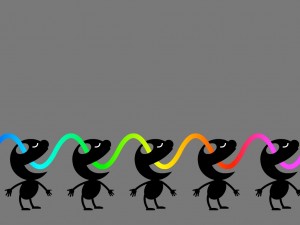Copyright Week: Our Lost Culture: What We Lose From Having Killed The Public Domain
from the we-need-more-public-domain dept
Yesterday, for Copyright Week, we wrote about transparency (and the lack of it in making copyright law). Today's issue is the public domain. While we just wrote about the lack of new works going into the public domain this year (as happens every year in the US), I've seen some copyright maximalists asking why this is a big deal, since all the works listed are readily available to purchase. This is uninformed in the extreme. In the past I've suggested that everyone interested in these issues owes it to themselves to read James Boyle's excellent book, The Public Domain, and I'll reiterate that recommendation now. Not surprisingly, the book is available online for free, though you can also purchase a copy, which is a worthwhile investment.However, the damage that our missing public domain does to culture, society, learning and knowledge is quite incredible. Two years ago, we had mentioned some research done by Professor Paul Heald, in which he noticed an incredible thing about new books available from Amazon, showing that plenty of recent new books were available, but they fade quickly... until you hit 1922 (the basic limit, before which nearly all works are in the public domain). And then there's a sudden jump in the works available.

Since then, Prof. Heald has continued to do even more research into the public domain and how it's distorted our cultural output and made much of it disappear, going beyond just books, but also exploring the impact on music. In an even more recent paper, a draft of a book chapter, Prof. Heald again dives into the issue of the way copyright law has distorted the availability of culture. He takes that earlier chart, and then decides to compare the "new books" available on Amazon with "used books" available on ABE books (the most popular marketplace for used books), and shows the market distortions clearly:

As a related matter, we've pointed in the past to research concerning copyright renewal rates, as found in William Patry's excellent book, Moral Panics and the Copyright Wars. Prior to the 1976 Act, copyright holders not only had to register, but they also had to "renew" their copyright after 28 years if they wanted a second 28 years of protection. And yet, in 1958 and 1959, very few works were actually renewed.

And none of that even touches on the nature of creativity, and the way in which amazing new works often borrow and build upon the works of those who came before them. The greatest works of Shakespeare were more or less copied from others -- but he was able to make them into something special. Why is that such a problem? If someone can make use of the work of someone else who failed to make it spectacular, and turn it into something amazing, why are we precluding that possibility? The entire purpose of copyright law in the US was supposed to be about enabling greater dissemination of learning and knowledge, and that's by increasing the public domain. Yet, instead, because of regulatory capture, and the ability of gatekeepers to hijack the process, we've created a copyright law that does exactly the opposite. It restricts the dissemination of knowledge, decreases cultural sharing and availability, and generally harms creators and their ability to build on culturally relevant works.
What defenders of restrictive copyrights often fail to recognize is that the public domain is what made culture culture. Culture is a shared concept, in which lots of people are all experiencing the same or similar things -- and making it their own as a part of that. We used to share stories, retell jokes, build on and change the works of others, and it was that shared effort that built culture and helped it spread. But copyright law has changed all that. Rather than a true cultural phenomenon, where culture is built up by the public in terms of what they create, share and build upon, we now have a situation where the gatekeepers decide what culture is, push it on everyone via broadcast means, and then tell us not to do anything about it... unless we pay exorbitant sums. That's a perverse understanding of how culture happens, and one that does not benefit creators or the public (often one and the same), but is hugely beneficial for a few gatekeepers.
For a robust creative community and culture, it is important to bring back a healthy respect for the public domain.
Filed Under: copyright, copyright week, culture, james boyle, paul heald, public domain, william patry

